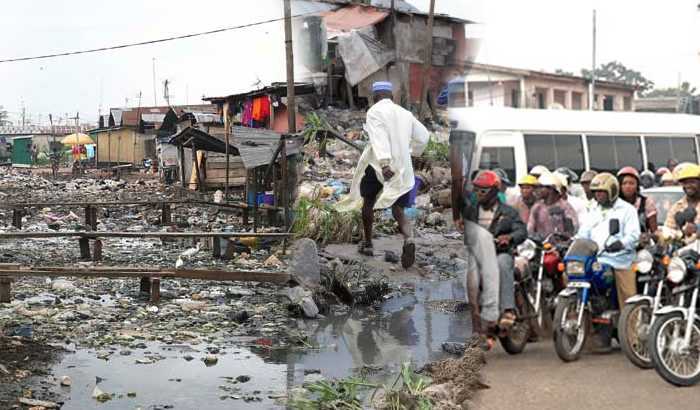WRITTEN BY: CHIOMA MADONNA NDUKWU
According to the latest Nigeria Development Update by the World Bank, the poverty rate in Nigeria has surged to 46 percent in 2023, signifying a staggering increase of 24 million people falling below the poverty line over the last five years.
The report attributes this rise to sluggish economic growth and escalating inflation, which have pushed the number of poor Nigerians from 79 million to a staggering 104 million. Urban areas, particularly affected by inflation, witnessed an increase from 13 million to 20 million impoverished individuals, while rural areas saw a rise from 67 million to 84 million within the same period.
The report acknowledges economic reforms initiated by President Bola Tinubu, including ending petrol subsidies and a shift to a unified foreign exchange rate, as essential albeit challenging measures contributing to these economic adjustments. Retail gasoline prices surged by 163 percent, and the Nigerian naira depreciated by 41 percent against the US dollar, leading to increased inflation, which spiked to 27.3 percent year-on-year by October.
The World Bank economist suggests a reevaluation of petrol pricing at N750 per litre in alignment with the present official exchange rate, emphasizing the critical need for sustainable economic strategies to curb the escalating poverty crisis in Nigeria.
#OMAGIST@AFRICAWORLDNEWS


